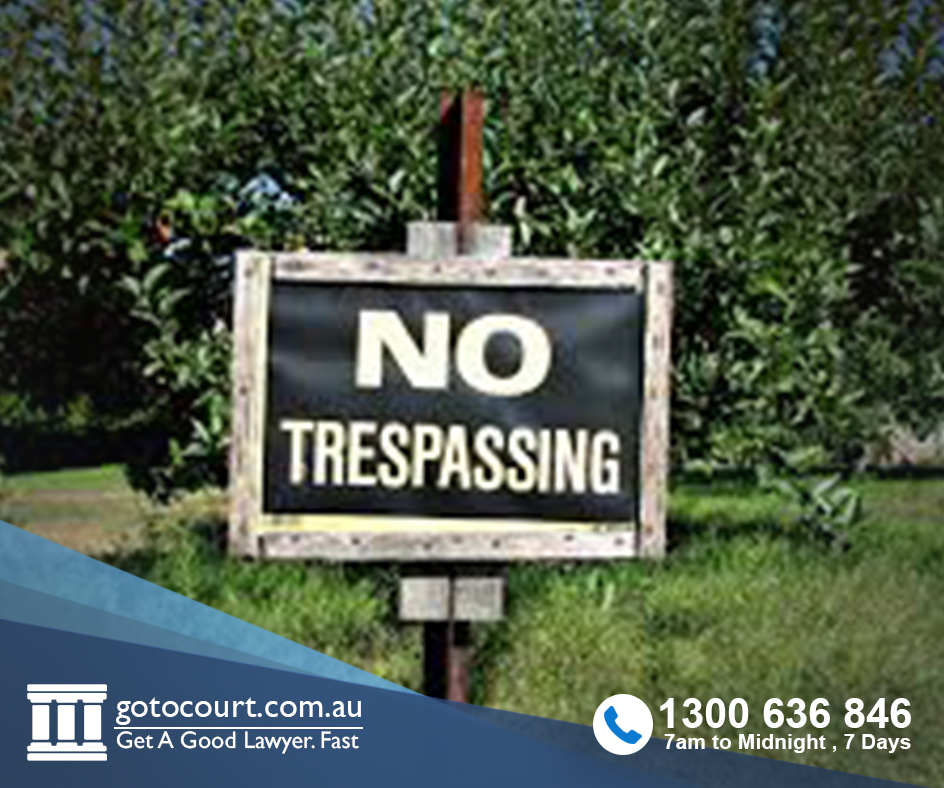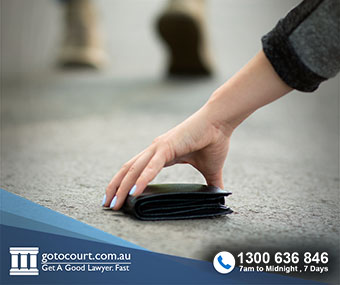Fraud in Western Australia
Fraud in Western Australia is contained in section 409 of the Criminal Code (WA). The maximum penalty for fraud if imprisonment for seven years, or for ten years where the victim is aged over 60. This article deals with fraud in Western Australia.
What is fraud?
The most common example of fraud is where a person has an intention to defraud and obtains property from another person by deceit or by any dishonest means. Obtaining property simply means having possession of the property and doesn’t require that you actually become the owner of the property.
This includes, for example, obtaining Centrelink benefits to which a person is not entitled, or obtaining and/or using another person’s credit card or identity details for financial gain.
Other examples of fraud in Western Australia include where a person has the intention to defraud, and, by deceit or by any other kind of fraudulent conduct:
- induces a person to deliver property to another person
- gains a benefit for any person
- causes a detriment to any person
- induces a person to do an act that they are lawfully entitled to refrain from doing, or
- induces a person not to do something that they are lawfully entitled to do.
Intention to defraud in Western Australia
To be found guilty of fraud in Western Australia, a person needs to have acted with an intention to defraud. This essentially means that they have acted with the intention of behaving in a dishonest way.
To establish this, the court applies a subjective test. It looks at what the accused person actually intended and not what a reasonable person in the same situation might have intended.
Commercial flavour
A person can be found guilty of fraud only in situations that have a ‘commercial flavour’. In other words, fraud arises when the intention to deceive relates to a victim’s economic interests or their public duties. Dishonestly inducing a person to do an act (or not do an act) does not amount to fraud where that act affects only non-economic interests, such as social relationships.
The requirement of an intention to defraud also limits the offence to circumstances relating to a victim’s economic interests or public duty. Dishonestly inducing a person to do an act (or not to do an act) will not amount to fraud where that act affects only non-economic interests, such as social relationships.
Defences
The defences which are most commonly raised in relation to charges of fraud in Western Australia are:
- honest claim of right under s 22 of the Criminal Code (WA), and
- mistake of fact under s 24 of the Criminal Code (WA).
An honest claim of right arises when a person is charged with fraud over something they have done in relation to property, but they can prove they were acting in the honest belief that they had a genuine right to the property and did not have any intention to defraud. This is a complete defence, and a person who can prove an honest claim of right will not be found guilty of fraud.
A mistake of fact occurs when a person does an act under an honest and reasonable belief about something but turns out to be mistaken. This is not a complete defence. Instead, a person will be judged by the court as though those facts were true, and will not be held criminally responsible for their act to any greater extent than they would have been if those facts had been true.
If you are charged with fraud in Western Australia and you believe that either of these defences may apply to you, it is important that you seek further legal advice at an early stage.
Summary conviction
Less serious cases of fraud may be dealt with summarily in Western Australia. This means that they will be dealt with in the Magistrates Court, not the District Court, and a lower maximum penalty applies. The maximum penalty when a fraud charge is dealt with summarily is two years imprisonment and a $24,000 fine. If the person deceived is over 60 years old then the maximum penalty increases to three years imprisonment and a fine of $36,000.
A charge of fraud cannot be dealt with summarily if it involves property or a benefit or detriment that is valued at more than $10,000.
Alternative offences to fraud in Western Australia
If a person is charged with fraud, the offences of stealing, receiving stolen property and possessing stolen property are recognised as ‘alternative offences’. This means that a person may be convicted of any of those alternative property offences instead of being convicted of fraud.
If you require legal advice or representation in any legal matter, please contact Go To Court Lawyers.






